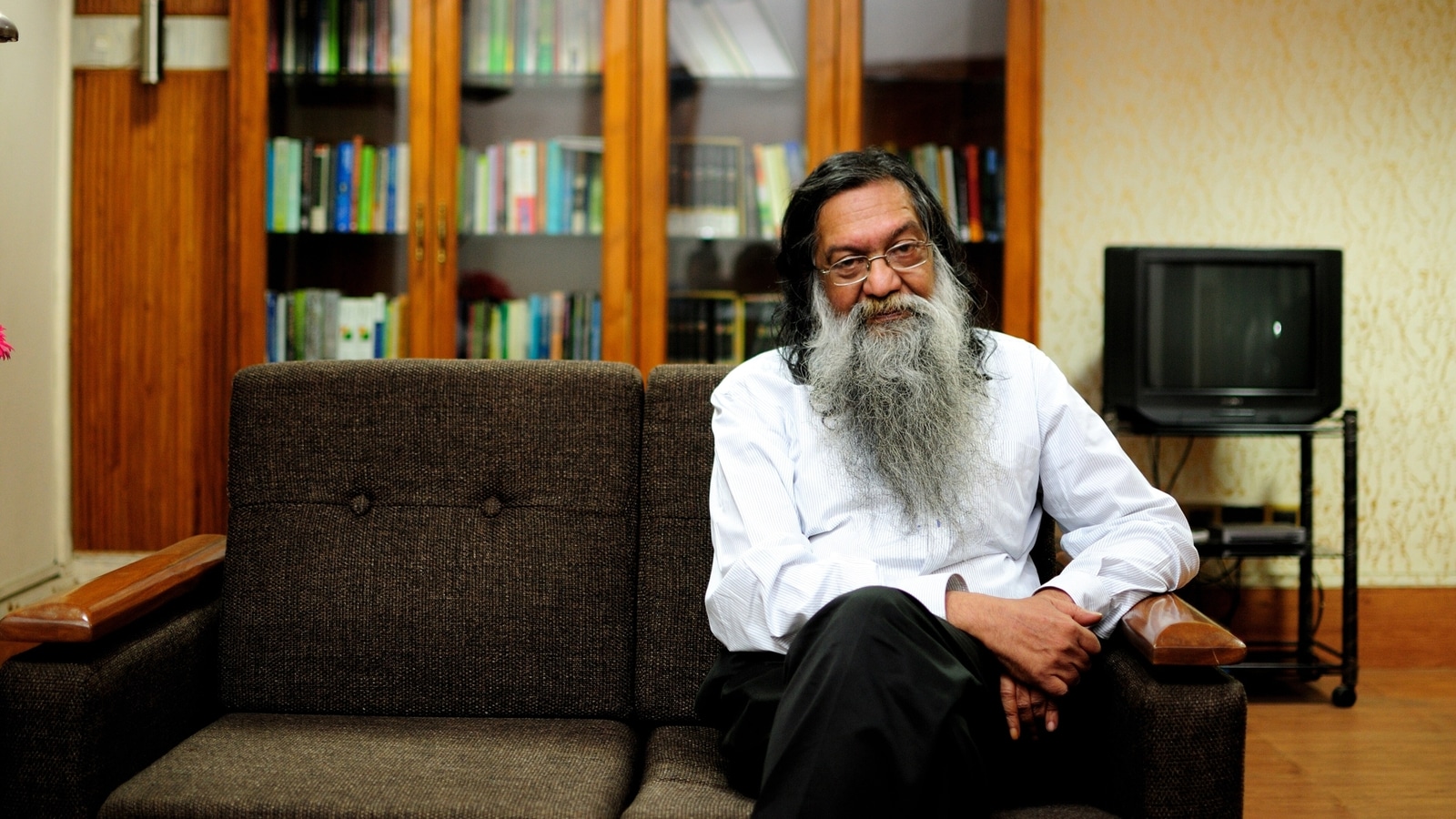The upcoming 4th conference on financing for development (FfD4) represents an important opportunity for developing…
Abhijit Sen was an Erudite Scholar with a Heart of Gold Dipa Sinha
With the passing of professor Abhijit Sen, the country has lost one of its most sensitive, progressive and grounded economists. Professor Sen’s contributions to academia as well as policymaking were significant, with his best-known work in the areas of agriculture, food policy and poverty. After returning from the United Kingdom, where he completed his PhD and taught for a few years, he joined the Centre for Economic Studies and Planning (CESP) in Jawaharlal Nehru University (JNU) in the mid-1980s. He was part of a team of stalwarts that built the centre into a bastion of heterodox economics, offering a consistent critique of mainstream economic policy with rigour and a deep commitment to equity and social justice.
At the same time, he also participated in policy making in various roles, starting as the chairperson of the Commission for Agriculture Costs and Prices (CACP) in 1997, during the United Front government. He played a crucial role in institutionalising CACP and setting up systems for calculating costs and prices, keeping in mind the well-being of farmers as well as food security for all. He further contributed to food and agriculture policy through his influential report on the Long-Term Grain Policy (in 2000), which argued for an expansion and universalisation of the Public Distribution System (PDS). Later, as member of the Planning Commission for two terms from 2004 to 2014, he continued his advocacy for a farmer-friendly agriculture policy as well as a universal PDS. He contributed to the discussions on the framing of the National Food Security Act (NFSA), based on this experience.
His work on the measurement of poverty and understanding poverty trends is also well-known and cited globally in all serious research on poverty in India. He had a knack for demystifying large-scale survey data and being able to use them to help better understand the Indian economy. He worked with the Tendulkar committee in coming up with a revised poverty line at a time when the consumption expenditure-based poverty line faced severe criticism. He clarified the limited yet important utility that money-metric poverty lines had in policy and, therefore, argued for them to be carefully set, taking into account issues of comparability over time and space.
While there is a lot more to be said about his academic and policy contributions, he will also be missed by activists who often looked to him for support and advice. He was one of the most approachable people while being in senior roles in the government, with many members from social movements and non-governmental organisations (NGOs) being able to walk into his office to discuss policy issues. He listened to everyone with an equal amount of patience and respect, never talking down to them.
At the same time, his positions were always driven by careful thought without falling into the trap of what was popular or seen to be politically correct. He attended public hearings and mass meetings whenever invited and listened carefully to what people working on the ground had to say before giving his views. He cared very much for such democratic processes and often gave advice on how they could be strengthened.
His arguments in support of a universal PDS and appropriate setting of minimum support prices (MSP) informed various campaigns and networks in building their demands and mobilisation strategies. His constant chiding to activists to remain rooted with an ear to the ground and be pragmatic while making demands were useful reminders at critical moments. In all of these conversations, he was patient enough to explain the economic logic and arguments for something that he did not agree with. This is probably why, despite there being times when he took contrarian positions, his credibility as being deeply committed to the idea of the welfare State that works for the benefit of the poorest, was never questioned.
What is probably less known, except among students of CESP, is that he was a fantastic teacher. Despite being in the government from 1997 onwards, he continued to teach at the centre. His Saturday classes were something that students looked forward to with anticipation. He was also known for his amazing breadth of knowledge, being someone who could teach a wide range of theoretical as well as applied courses ranging from mathematics and statistics to labour economics and growth theory.
Professor Sen had some insightful views on economics curriculum in India, such as the importance of keeping the discussion on structural transformation central in a course on development economics or on ways in which current policy discussions could be incorporated into classroom discussions. Unfortunately, these are not issues he wrote about, but spoke of passionately in informal discussions.
Manik da, as Professor Sen was called by family and friends, has left us at a very critical juncture where fundamental questions related to policy making are being debated afresh in a changed political and economic context.
His quiet, sane and wise words, as well as his wicked sense of humour will be sorely missed.
(Dipa Sinha is assistant professor of economics, BR Ambedkar University)
(This article was originally published in The Hindustan Times on August 30, 2022)

